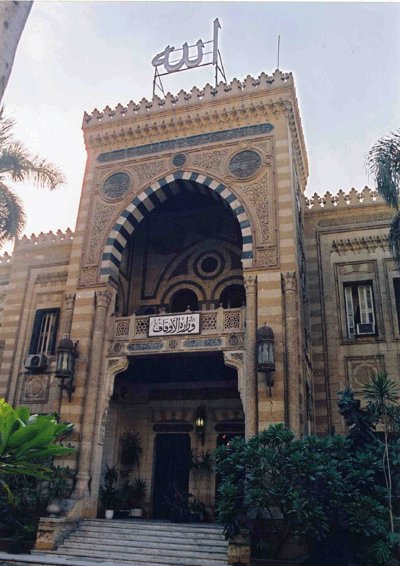His stirring speeches and tales of wartime struggle have helped make Charles de Gaulle an icon of French patriotism. But are his writings worthy of being taught as literature to school children?
In an unusual snub for the towering figure of 20th century French politics, teachers mounted a petition this month protesting against plans to put De Gaulle’s influential "War Memoirs" on the high school syllabus.
"Making pupils read De Gaulle negates our subject," says the literature teachers’ petition, signed by 1,500 people opposed to the selection of the memoirs in next year’s "baccalaureate" school leavers’ exams.
"No one would dream of questioning the historical importance of what De Gaulle wrote, but what are we talking about after all? Literature or history?" said the text by an anonymous collective on the website "Lettres Volees."
Inspectors have added to the syllabus the third and final tome of the memoirs, which tell in passionate prose of De Gaulle’s time as leader of the "Free France" in exile in London during the Nazi occupation.
The row has arisen ahead of a big date: the 70th anniversary of De Gaulle’s wartime broadcast from London on June 18, a stirring call for liberty which is considered to have kicked off the French resistance.
One of France’s most well-known literary critics Bernard Pivot called De Gaulle’s style "very distinctive, flamboyant, with original language" and much imitated.
But the petitioners complained: "Is it our profession to discuss a historical source? To release the breath of propaganda that moves the national conscience?"
Critics and academics stuck up for the general’s literary talents, however.
"General De Gaulle is one of the greatest memoir-writers in French history," the writer and historian Max Gallo told AFP. "In his writing he painted scenes that have long been part of French literature."
The biographer Pierre Assouline complained that the literary world was ruled by "the tyranny of the novel" which denied historical writing the right to be seen as literature.
"De Gaulle is a writer. One of the best. He’s monumental," said Assouline, pointing out that De Gaulle’s British ally Winston Churchill was rewarded for his histories, biographies and oratory.
"No one complained when Winston Churchill won the Nobel Prize for Literature in 1953, even though he wrote using a workshop of 50 ghost writers," Assouline added. "De Gaulle himself dreamed of winning the Nobel."
The teachers behind the petition claimed meanwhile that the promotion in schools of De Gaulle — whose name is synonymous with a particular strain of right-wing ideology in France — was politically motivated.
"We suspect this choice is to flatter the political power in place," they wrote, referring to President Nicolas Sarkozy’s government.
"Next time the government changes, will we have to teach (writings by left-wing heroes) Jean Jaures or… Leon Blum?" they added. "We pass on republican values, not political opinions."

